Che Guevara: The Revolutionary Icon
The Controversial Legacy of Che Guevara
Ernesto “Che” Guevara, the Argentine Marxist revolutionary, has become an enduring symbol of rebellion, idealism, and revolution worldwide. His iconic image, with a beret adorned with a single star and a gaze that exudes determination, has transcended generations and cultures, embodying the spirit of defiance against oppression. However, behind the iconic image lies a complex and controversial figure whose life and legacy continue to provoke debate and admiration. This article looks into into the life, ideology, actions, and enduring impact of Che Guevara.
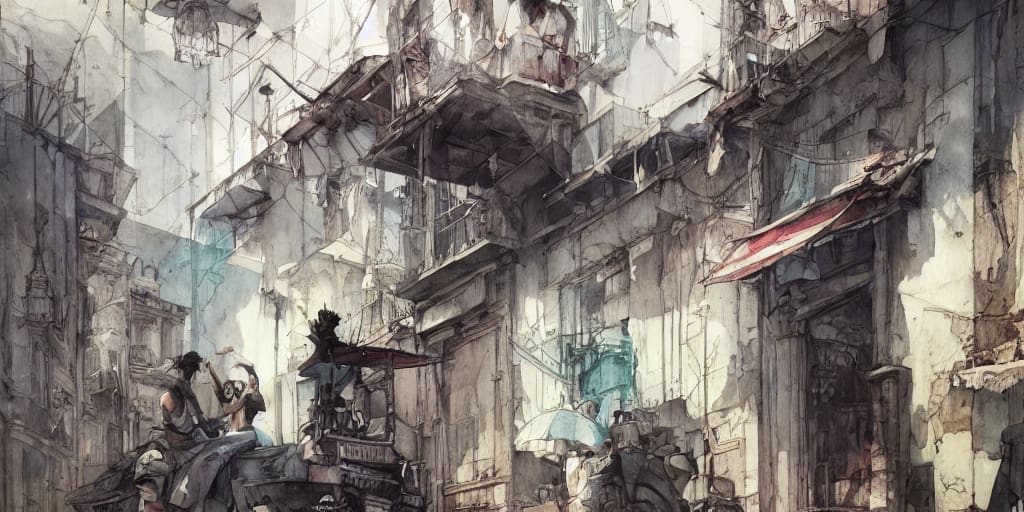
Table of Contents
Early Life and Radicalization
Ernesto Guevara de la Serna was born on June 14, 1928, in Rosario, Argentina, to a middle-class family of Spanish-Irish descent. His upbringing was privileged, yet he developed a sensitivity to social injustices early on, influenced by his family’s leftist political leanings and his travels across Latin America. Guevara’s medical studies deepened his understanding of the plight of the poor and marginalized, leading to his radicalization.
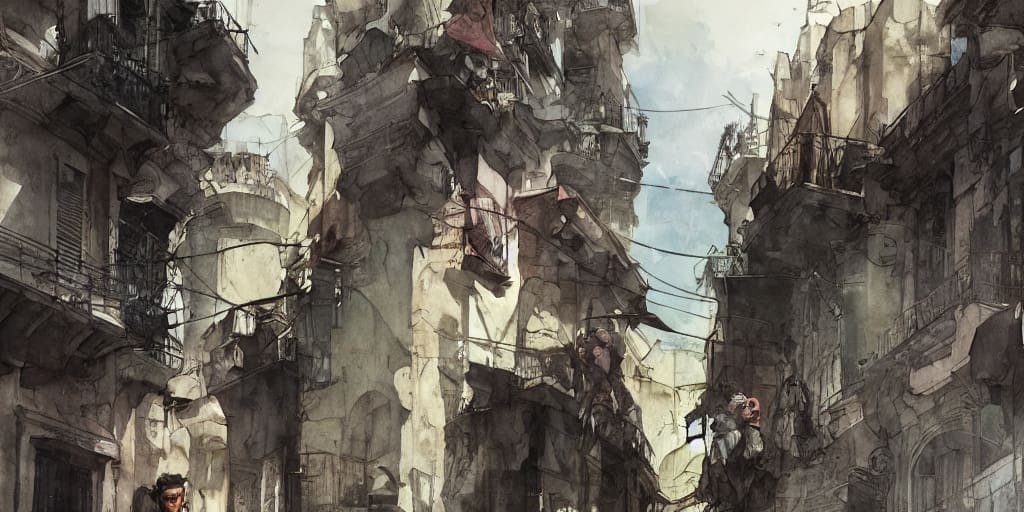
The Cuban Revolution
Guevara’s revolutionary journey reached a turning point when he met Fidel Castro and joined the Cuban Revolution. Che Guevara played a pivotal role in the Cuban Revolution, which culminated in the overthrow of the Batista regime in 1959.
Joining forces with Fidel Castro, Guevara emerged as a key strategist and commander within the revolutionary movement. His military expertise, ideological fervour, and unwavering commitment to the cause made him indispensable in the guerrilla warfare campaign against Batista’s forces. Guevara’s leadership during critical battles, such as the decisive victory at the Battle of Santa Clara, helped to tip the balance in favour of the revolutionaries.
As a prominent figure within the revolutionary government, Guevara assumed various roles, including Minister of Industries, where he spearheaded efforts to transform Cuba’s economy along socialist lines. He played a central role in the agrarian reform program, redistributing land to peasants and challenging the dominance of wealthy landowners. Guevara’s vision of a socialist Cuba, grounded in principles of social justice and egalitarianism, shaped the trajectory of the revolution and cemented his legacy as a symbol of anti-imperialist struggle.
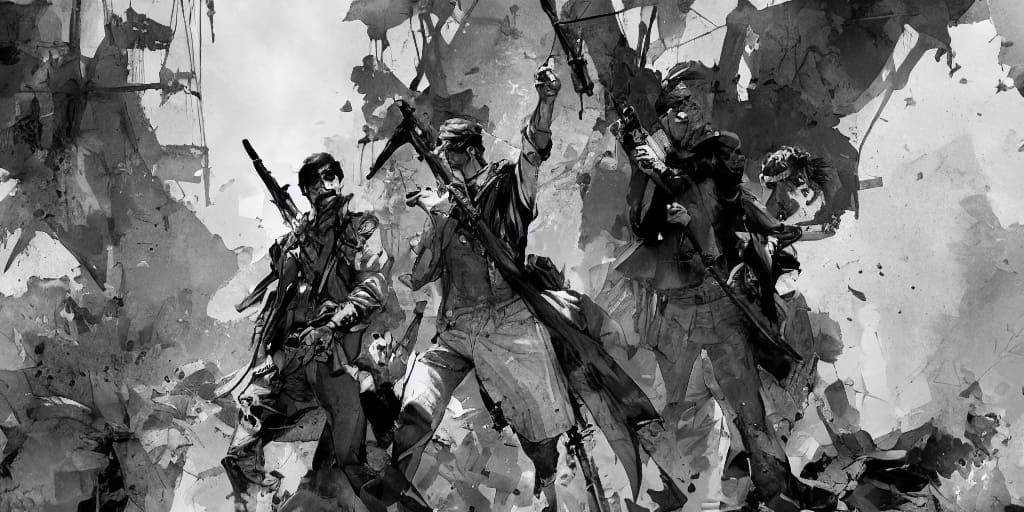
Internationalism and Guerrilla Warfare
Che Guevara’s commitment to internationalism propelled him beyond the borders of Cuba, as he sought to export the revolutionary fervour that fuelled the Cuban Revolution to other parts of the world. Embracing the Marxist-Leninist doctrine of proletarian internationalism, Guevara believed that true revolution transcended national boundaries and required solidarity among oppressed peoples globally.
He viewed imperialism as the primary obstacle to social justice and liberation and saw armed struggle as a legitimate means to challenge and overthrow oppressive regimes. Guevara’s involvement in international revolutionary movements took him to various regions, including Africa and Latin America.
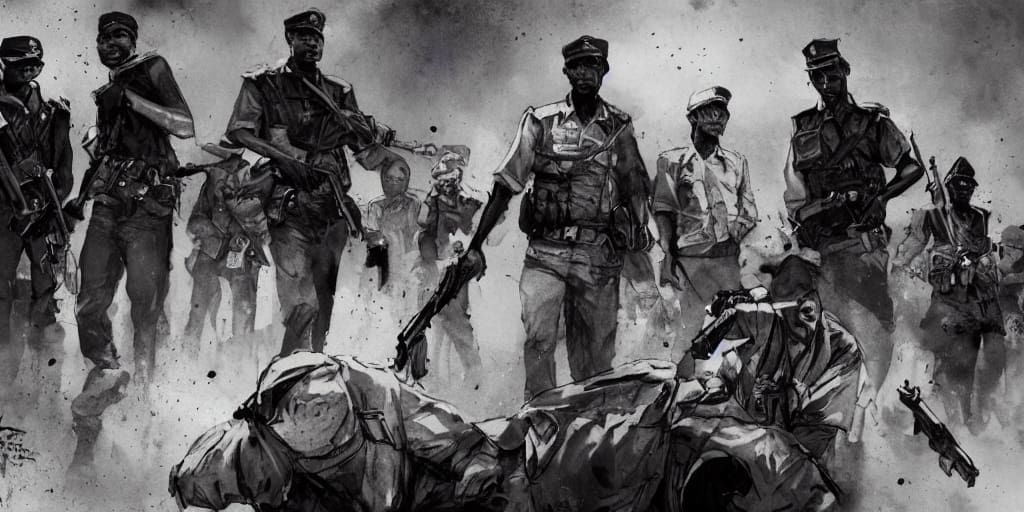
Congo
Che Guevara’s involvement in the Congo represents a lesser-known chapter in his revolutionary career, yet it remains a significant aspect of his internationalist endeavours. In 1965, disillusioned with the direction of the Cuban Revolution and eager to export his revolutionary zeal beyond Latin America, Guevara set his sights on Africa. He believed that the anti-colonial struggles on the continent offered fertile ground for revolutionary change and saw the Congo as a potential battleground against imperialism.
Arriving in the Congo, Guevara joined forces with Laurent-Désiré Kabila, who led a group of rebel fighters in the eastern region of the country. However, Guevara’s time in the Congo was marked by frustration and disillusionment. He found himself embroiled in a complex web of local rivalries, ethnic tensions, and logistical challenges that hindered the effectiveness of the revolutionary movement. Moreover, Guevara’s presence as a foreigner and his Cuban background made it difficult for him to gain the trust and support of local populations.
*All Book Images Open a New tab to our Bookshop
**If you buy books linked to our site, we get 10% commission from Bookshop.org, whose fees support independent bookshops
Ultimately, Guevara’s expedition in the Congo ended in failure, and he departed the country in 1965, feeling disheartened by the lack of progress and the internal divisions within the rebel movement. Despite the setbacks, Guevara’s experience in the Congo provided valuable lessons that would shape his future endeavours.
It underscored the importance of understanding local dynamics and building grassroots support for revolutionary movements. Moreover, Guevara’s time in the Congo highlighted the challenges of exporting a revolutionary model developed in one context to a vastly different socio-political environment, underscoring the need for flexibility and adaptability in revolutionary strategy.

Bolivia
Che Guevara’s expedition to Bolivia in 1966 marked his final attempt to ignite a revolutionary movement outside of Cuba. Inspired by the success of the Cuban Revolution and driven by his unwavering commitment to global revolution, Guevara believed that Bolivia, with its entrenched poverty and social inequality, presented fertile ground for revolutionary change. However, his time in Bolivia was fraught with challenges from the outset, including logistical difficulties, lack of local support, and infiltration by Bolivian government forces.
Guevara’s guerrilla campaign in Bolivia was characterized by determination and sacrifice, yet it ultimately ended in failure. The rugged terrain and harsh conditions of the Bolivian jungle posed formidable obstacles to the guerrilla fighters, who struggled to maintain supply lines and evade government patrols. Moreover, Guevara’s efforts to rally support among local peasants and workers were hampered by cultural and linguistic barriers, as well as suspicions of foreign interference.
In October 1967, Guevara’s guerrilla band was ambushed by Bolivian army forces in the remote village of La Higuera. After a fierce fire fight, Guevara was captured and taken prisoner. His capture marked the end of his revolutionary aspirations in Bolivia and signalled a crushing defeat for the global revolutionary movement. Guevara was subsequently executed by Bolivian soldiers on October 9, 1967, cementing his status as a martyr for the cause of socialism and inspiring renewed dedication among his followers to continue the struggle for social justice and liberation.
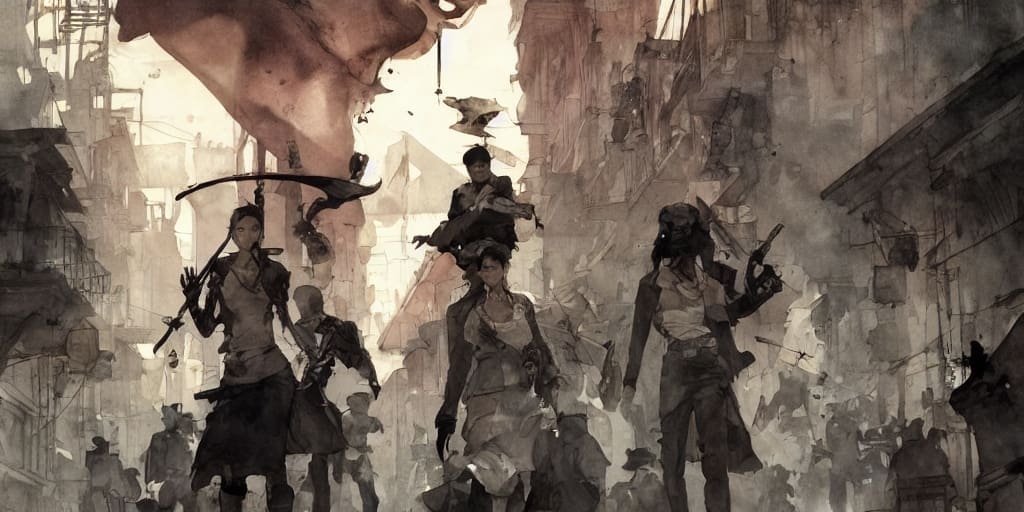
Internationalist Endeavours
Despite the mixed outcomes of his internationalist endeavours, Guevara’s legacy as a proponent of guerrilla warfare and anti-imperialist struggle endures. His writings on guerrilla warfare, including the influential manual “Guerrilla Warfare,” continue to inspire leftist movements and insurgents worldwide. Moreover, Guevara’s willingness to sacrifice his life for the cause of global revolution has immortalized him as a symbol of resistance against oppression and imperialism, cementing his place in the pantheon of revolutionary figures.
Legacy and Iconography
Che Guevara’s legacy is deeply intertwined with his iconic image, which has transcended its historical context to become a global symbol of rebellion, idealism, and resistance. The photograph taken by Alberto Korda, capturing Guevara’s stoic gaze and revolutionary fervour, has been reproduced and circulated across the world, adorning posters, murals, and t-shirts. This iconic image has transformed Guevara into a cultural icon, revered by some as a symbol of anti-imperialist struggle and reviled by others as a romanticized figure divorced from the complexities of his life and actions.
Beyond the realm of iconography, Che Guevara’s legacy extends to his enduring impact on leftist politics and revolutionary movements worldwide. His writings on guerrilla warfare, socialism, and imperialism continue to inspire activists and insurgents seeking to challenge oppressive systems and fight for social justice. Moreover, Guevara’s unwavering commitment to the cause of global revolution has immortalized him as a symbol of resistance against imperialism and injustice, resonating with generations of activists and revolutionaries who continue to draw inspiration from his example.
Criticism and Controversies
Despite his iconic status, Che Guevara’s legacy is not without its share of criticism and controversies, which stem from various aspects of his life and actions. One of the most significant criticisms revolves around his role in the Cuban Revolution, particularly his involvement in executions carried out during the revolution’s early stages.
While supporters argue that these executions targeted Batista loyalists and war criminals, critics contend that they were conducted without due process and contributed to a culture of violence and repression. Guevara’s authoritarian tendencies and his dismissal of democratic processes have also drawn criticism, with some accusing him of undermining political pluralism in the revolutionary government.
Furthermore, Guevara’s advocacy for armed struggle and guerrilla warfare as the primary means of achieving social change has been controversial. Critics argue that his revolutionary ideology prioritized violence over peaceful political processes, leading to unnecessary bloodshed and human rights abuses. Moreover, his confrontational approach towards political opponents and dissenters within revolutionary movements has been criticized for stifling dissent and diversity of thought.
Additionally, Guevara’s internationalist endeavours, particularly his failed expeditions in Congo and Bolivia, have been subject to scrutiny and criticism. Some critics argue that his interventions in these countries were misguided and poorly executed, resulting in unnecessary loss of life and failure to achieve their revolutionary objectives.
Furthermore, Guevara’s uncompromising approach to revolutionary purity and his disregard for local contexts and dynamics have been cited as factors contributing to the failure of these endeavours. Despite these criticisms, Guevara’s enduring legacy as a symbol of anti-imperialist struggle and resistance against oppression continues to inspire admiration and debate.

Revival of Interest and Re-evaluation
In recent years, there has been a notable re-evaluation of Che Guevara’s legacy, driven by a desire for a more nuanced understanding of his life, actions, and ideology. This re-evaluation has been prompted by a growing recognition of the complexities and contradictions inherent in Guevara’s revolutionary journey. Scholars, activists, and historians have sought to move beyond simplistic portrayals of Guevara as either a heroic martyr or a ruthless guerrilla leader, acknowledging the multifaceted nature of his legacy.
One aspect of this re-evaluation involves a deeper examination of Guevara’s writings and speeches, which provide insights into his evolving political thought and motivations. By engaging with Guevara’s own words, scholars have sought to contextualize his actions within the broader ideological currents of the time and understand the underlying principles that guided his revolutionary endeavours. Moreover, the re-evaluation has highlighted the relevance of Guevara’s ideas in contemporary discussions on imperialism, capitalism, and social justice, fostering renewed interest in his writings among activists and intellectuals.
Life and Legacy
Ernesto “Che” Guevara remains a divisive figure whose life and legacy continue to inspire debate and reflection. As an icon of revolution and resistance, he symbolizes the enduring struggle for social justice and liberation. However, his legacy is far from uncontested, with critics highlighting his authoritarian tendencies and human rights abuses. Ultimately, Che Guevara’s complex legacy serves as a reminder of the complexities of revolutionary politics and the enduring relevance of his ideas in today’s world.


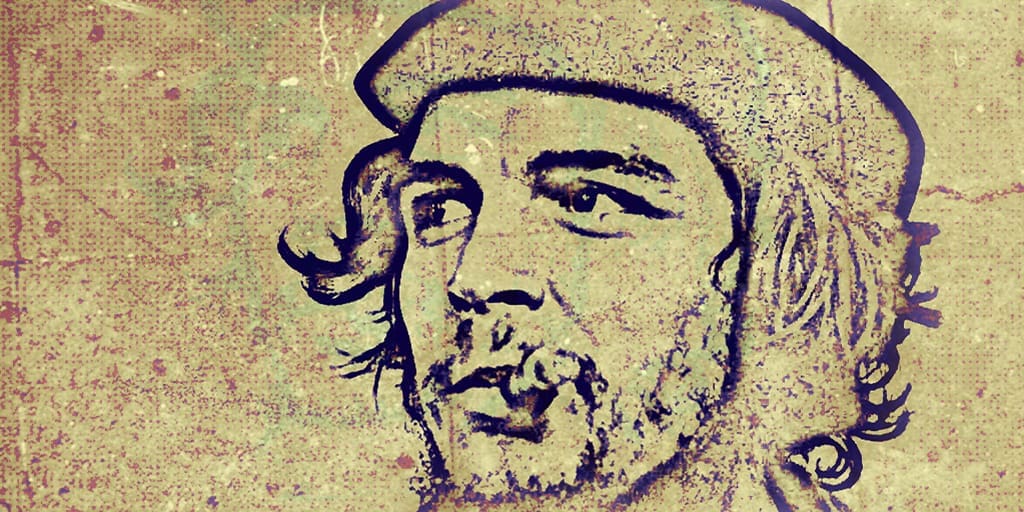
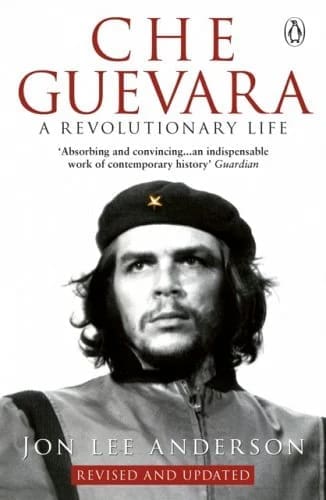
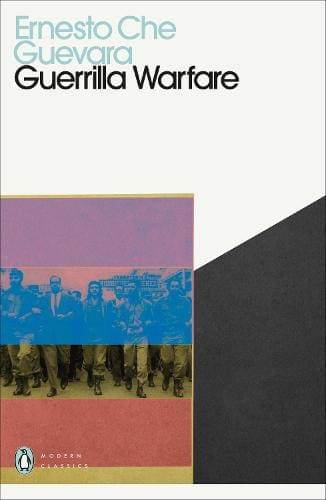



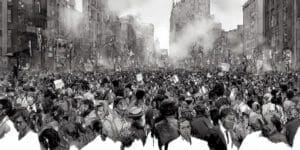
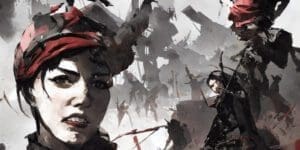

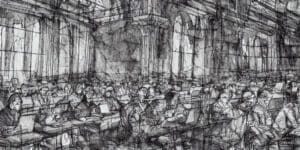
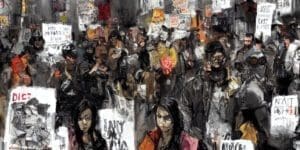
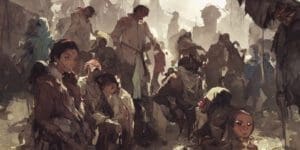



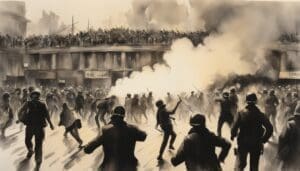







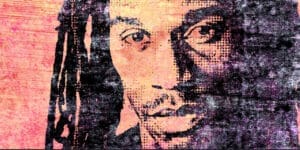
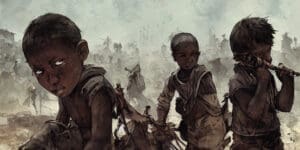
Leave a Comment